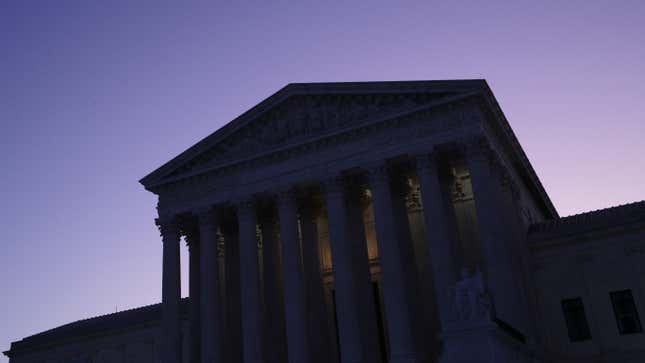Supreme Court Takes Up Case That Could Decide the Future of Legal Abortion [UPDATED]
Politics![Supreme Court Takes Up Case That Could Decide the Future of Legal Abortion [UPDATED]](https://img.pastemagazine.com/wp-content/juploads/2024/01/rkykir0b3obfj56cl87l.jpg)

The Supreme Court has agreed to hear a case concerning the constitutionality of a Louisiana law that requires doctors performing abortions to have admissions privileges at hospitals within a 30-mile radius. The case, Gee v. June Medical Services, is nearly identical to a Texas case the court heard three years ago. But that was a different court.
The earlier case before the court, Whole Woman’s Health v. Hellerstedt, found that the Texas omnibus law was unconstitutional and placed a “substantial burden” on people seeking abortions in the state. So why would the Supreme Court take on such a similar case? Because President Trump has two new justices on the court.
-

-

-

-

-

-

-

-

-

-

-

-

-

-

-

-

-

-

-

-

-

-

-

-

-

-

-

-

-

-

-

-

-

-

-

-

-

-

-

-








































